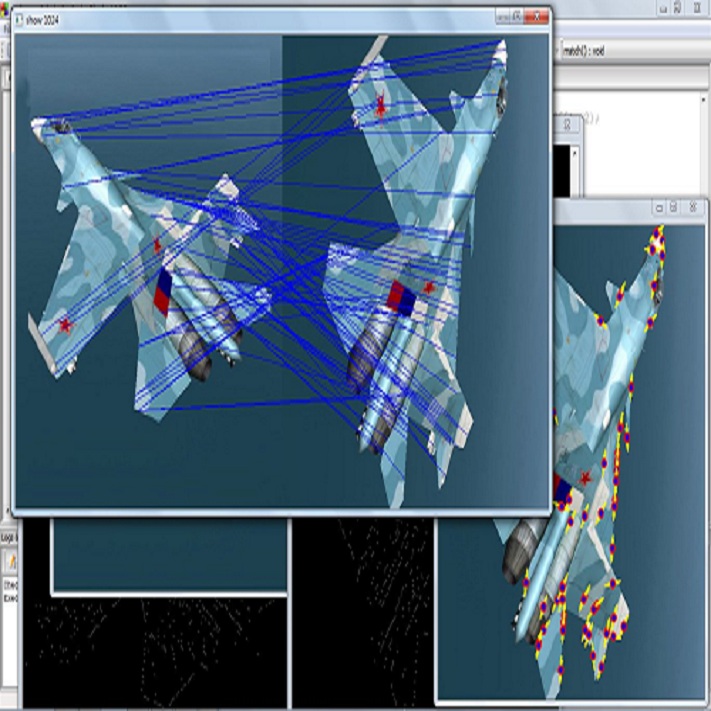We present a Gradient Descent-based Image Registration Network (GraDIRN) for learning deformable image registration by embedding gradient-based iterative energy minimization in a deep learning framework. Traditional image registration algorithms typically use iterative energy-minimization optimization to find the optimal transformation between a pair of images, which is time-consuming when many iterations are needed. In contrast, recent learning-based methods amortize this costly iterative optimization by training deep neural networks so that registration of one pair of images can be achieved by fast network forward pass after training. Motivated by successes in image reconstruction techniques that combine deep learning with the mathematical structure of iterative variational energy optimization, we formulate a novel registration network based on multi-resolution gradient descent energy minimization. The forward pass of the network takes explicit image dissimilarity gradient steps and generalized regularization steps parameterized by Convolutional Neural Networks (CNN) for a fixed number of iterations. We use auto-differentiation to derive the forward computational graph for the explicit image dissimilarity gradient w.r.t. the transformation, so arbitrary image dissimilarity metrics and transformation models can be used without complex and error-prone gradient derivations. We demonstrate that this approach achieves state-of-the-art registration performance while using fewer learnable parameters through extensive evaluations on registration tasks using 2D cardiac MR images and 3D brain MR images.
翻译:传统图像注册算法通常使用迭代能量最小化优化,以寻找一对图像的最佳转换,这在很多迭代需要时十分费时。相比之下,最近的基于学习的方法通过培训深神经网络来混合这种昂贵的迭代优化,这样一对图像的注册就可以在培训后通过快速网络向前传递而实现。受图像重建技术的成功激励,这种技术将深度学习与迭代变能优化的数学结构相结合。我们基于多分辨率梯度下降能量最小化的数学结构,开发了一个新型的登记网络。网络的远端传输将清晰的图像差异梯度梯度步骤和由进化神经网络(CNN)为固定的迭代量参数所设定的通用规范步骤纳入其中。我们使用自动差异化的方法来获取一对一对相图像的注册,以便通过快速网络在培训后通过快速的远端网络实现。我们借助图像重建技术的改造、任意图像差异度测量和变异性D的图像,我们基于多分辨率模型进行新的注册,同时使用复杂易变式的升级模型,在不易变换的磁度上进行我们可变换的变式的变式模型,同时使用该变式的变式的变式模型可变式模型,同时进行测试。




